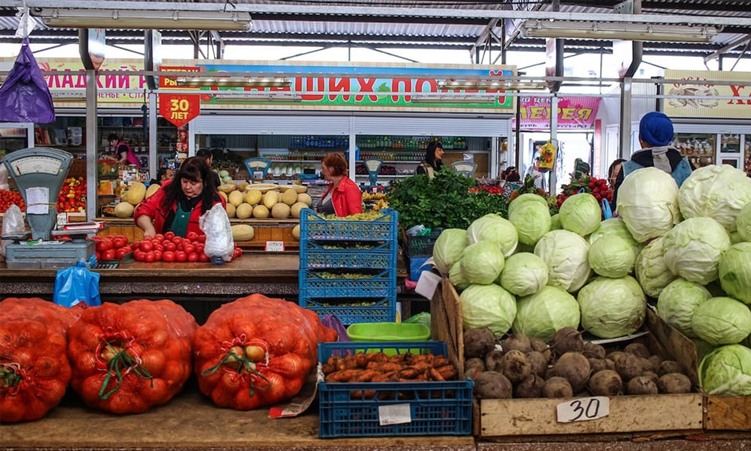The Namibian Agronomic Board (NAB) has imposed a closed border policy on specific vegetables for June to protect local farmers.
According to a recent report by Simonis Storm Securities, the policy aims to strike a balance between supporting local producers and ensuring consumer access to fresh produce.
“We’re implementing a closed border policy for specific vegetables this month,” noted the report.
“This includes beetroot, butternut, cabbage and onions. By limiting imports, we create a more favourable environment for our domestic growers to thrive,” noted the report.
The NAB’s closed border policy for specific vegetables aims to stimulate domestic production and reduce reliance on imports.
This approach, known as the Market Share Promotion (MSP) scheme, encourages importers to source a minimum percentage of their produce locally. However, due to a shortfall in local production some products have been put on the open border list.
“Carrots, washed potatoes and lettuce are on the open border list for June. This likely reflects a shortfall in local production for these items, necessitating unrestricted imports to meet consumer demand,” noted the report.
Additionally jam tomatoes will be regulated on a pro-rata basis, balancing between local production and import needs.
According to the report, the livestock market also shows some improvements.
“The total number of livestock marketed in April 2024 reached 146 841, a significant increase compared to April 2023. This represents the highest number recorded since June 2019,” noted the report.
This has been attributed to the ongoing drought as farmers are choosing to slaughter.
“Farmers might be strategically offloading livestock to manage herd sizes and conserve scarce water and feed resources for their remaining animals.”
Cattle marketing witnessed an increase of 31,2% year-on-year in April, reaching 32 795 head.
Sheep numbers remained relatively stable with a marginal rise of 0,5%, while the goat market saw a slight uptick of 0,8%.
Notably, pig marketing experienced a 13,5% increase compared to the previous year.
Beef exports also experienced an increase.
“We exported a total of 110 013 livestock in April, with South Africa as the primary destination,” noted the report.
“This signifies a slight increase from March’s figures.”
The European Union (EU) and the United Kingdom (UK) remain the top destinations for beef exports.
From January to April 2024, the country exported a staggering 4,7 million kilogrammes of beef, with the EU (36,8%) and the UK (31,1%) as the top two destinations.
While South Africa received a respectable 16,8% share, Norway (11,9%) emerged as a surprising market.
Smaller quantities were exported to China (3,1%), Angola (0,04%) and the United States of America (0,02%).
The fishing sector showed signs of slowed inflation.
“Fish inflation slowed down to 6,7% in April. This marks the lowest rate observed since last June.”
This downward trend suggests some price stabilisation in the fish market.
Stay informed with The Namibian – your source for credible journalism. Get in-depth reporting and opinions for
only N$85 a month. Invest in journalism, invest in democracy –
Subscribe Now!










